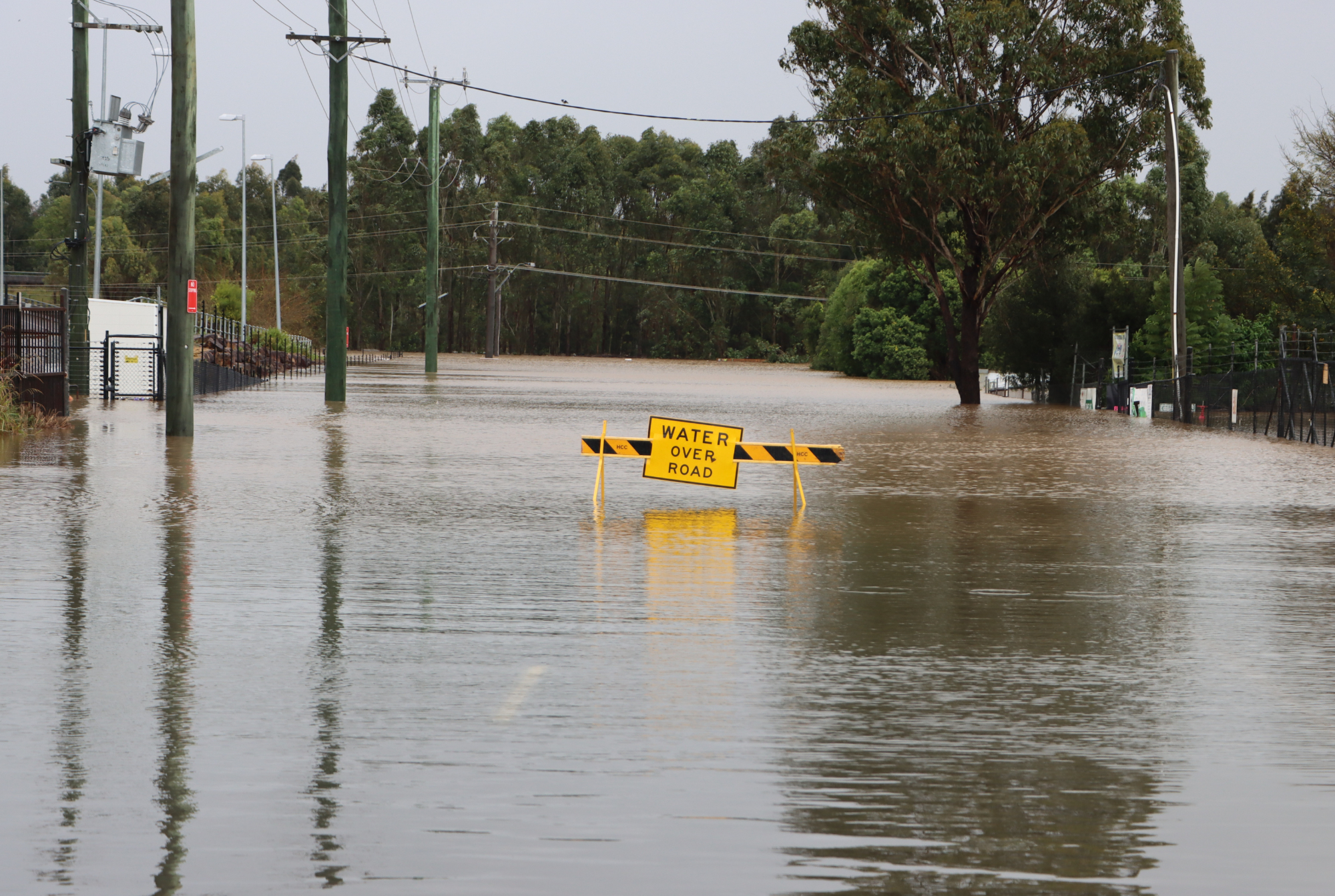COP28 – Reflections
by Lena Dente
The Energy and Just Development team represented the World Future Council at the recent COP28 discussions. WFC engagement focused primarily on issues related to a whole system, equitable and just transition toward an emissions-free future, renewable energy development across the globe and including the rights of future generations in climate action deliberations. We also engaged with members of the Global Renewables Congress network, who are parliamentarians from across the globe working on renewable energy issues for their respective constituents. Having followed the negotiations and fevered along until the very end, I am happy to share some thoughts.
COP as a community of passionate professionals
On the one hand, COP meetings represent a fantastic opportunity to connect with like-minded organisations and professionals, to learn and share, and to be inspired. The community of professionals who gather at COP is incredibly focused and passionate, committed to working together toward solutions. This year was no exception: With our German and regional project partners, we presented project results related to 100% Renewable Energy in Nepal, Uganda and Vietnam. The technical scenarios and policy roadmaps that were developed are lighthouse projects for other Less Developed Countries and can inspire a similar approach elsewhere.
Parliamentarians as a group are crucially important in ensuring an equitable and affordable transition to a regenerative and emissions-free future. They are the important link to the local level and can importantly convey essential contextualised information up to the national and international level. Parliamentarians understand the meaning of leaving nobody behind.
COP as a mechanism and framework for action
On the other hand, COP is the mechanism to create consensus, commitments and international action to achieve the Paris Agreement target of 1.5° C. In this sense, the final COP28 agreement is not as strong as many had hoped. While it is a win to mention fossil-fuels in the text there are a few nuances that are important:
“Accelerating efforts towards the phase-down of unabated coal power.” This at best repeats previous language, and in the hottest year on record, targets and a timeline would be the very least we could expect regarding the future of coal.
“Transitioning away from fossil fuels in energy systems in a just, orderly and equitable manner […] in keeping with the science.” Transitioning away is great, using phasing out language would have been stronger.
“Accelerating zero- and low-emission technologies, including […] abatement and removal technologies such as carbon capture […]” This appears to be a have your cake and eat it too, clause. Carbon capture and storage technologies are unproven at the scale needed to make a dent in CO2 levels. According to a recent report from the World Resources Institute, if all CCS projects in development were complete, total CCS capacity would only equal about 0.7% of today’s global emissions.
Two key highlights
“Tripling renewable energy capacity globally and doubling the global average annual rate of energy efficiency improvements by 2030.” This is a clear win for renewable energy and is an important statement. The IEA in its World Energy Outlook 2020 already showed that solar is the “cheapest…electricity in history”. Underscoring and pushing the transition to renewables is a fantastic outcome. We will put the niggling and not addressed concern about the supply chain for the increased production of renewable energy equipment aside, for now.
As a special note, on the first day of discussions, the climate disaster “loss and damage fund” that was tabled at COP27 was approved. Receiving of USD 700m in pledges from countries including the UAE, Germany, Italy and France. Notably, the commitments from China and the US are not as high. Despite the positive momentum, and the increased focus, the fund falls short of the varying estimates that go up to USD 400bn per year.
Looking forward
It remains to be seen, of course, how the Agreement will be operationalised and implemented, as it is non-enforceable. 2023 was already the hottest year on record. There is no reason to expect 2024 not to top that dubious accolade. The leadership of Australia has already offered asylum and relocation to citizens of some small island developing states, such as Tuvalu, as the spectre of climate induced migration looms closer than is comfortable. Action and operationalisation is needed, not strong verbs in a text. As many climate scientists, activists, health experts, private sector actors, NGOs and others have noted: #lateristoolate.
Cover Photo by Wes Warren on unsplash.com



